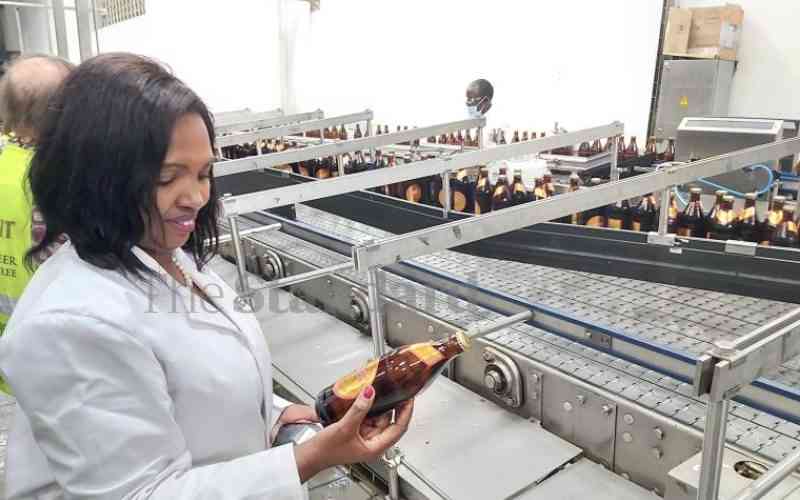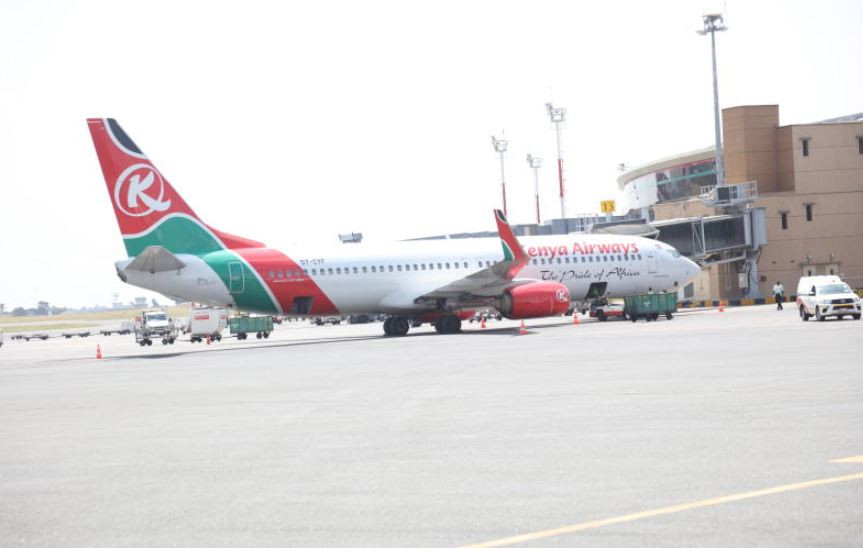×
The Standard e-Paper
Informed Minds Prefer The Standard

The Kenya Revenue Authority (KRA) has gone back to court seeking a review of the orders issued last week directing it to allow Keroche Breweries to reopen.
KRA, in its application filed before Commercial judge Abigail Mshila, argues that the orders are contradicting its agreement with Keroche on how much it ought to pay to foot the outstanding tax.







